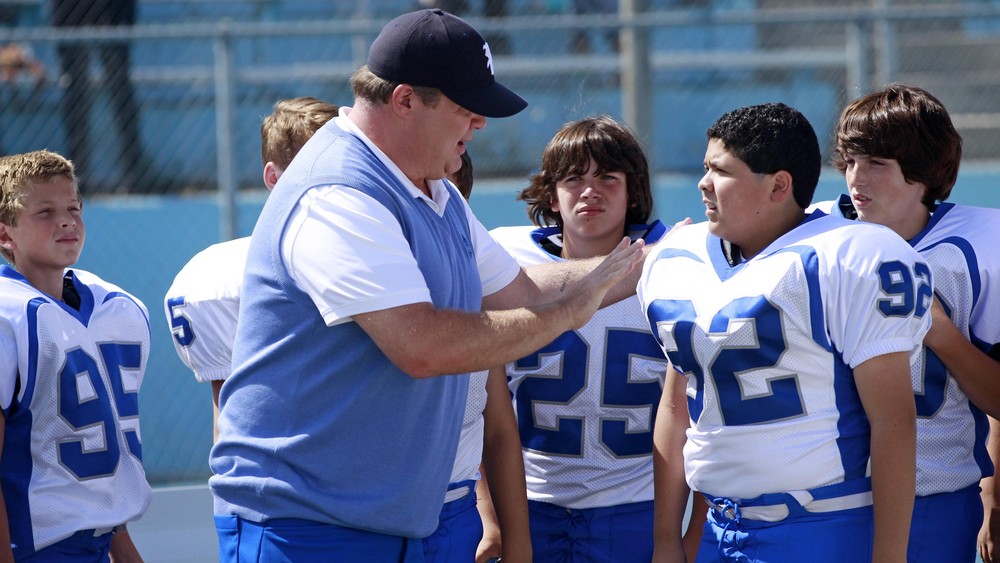
By Dr. Sandra Geringer |
My sister is teaching her first graduate level course. She could sense my enthusiasm in being a professor and how rewarding it can be. But, now she also realizes how much work it is as well. She is teaching a course on innovation and she found an activity for her students called “Yanny or Laurel.” Have you heard of it? Apparently, this blew up the internet back in May 2018. The viral audio clip consists of a recorded voice — which some listeners interpret a deep male voice saying, “Yanny,” and others hear a higher-pitched voice saying, “Laurel.”
Here is a fun example of the clip: https://twitter.com/twitter/statuses/996906821959987200
This is not only fascinating to see how your family and friends react to the sound (I have a split household) but also it just nails home the fact that a group of people can hear the same sound and interpret it completely different. This all comes down to the brain,” says Dr. Kevin Franck, director of audiology at Massachusetts Eye and Ear. “The fact that brains go in one way and some brains go in the other means that we’re all just wired a bit differently based on our experiences.”
Which brings me to the point of the importance of communication in sports. Studies have been conducted that show that poor communication is responsible for reduced performance in the business world. This is not any different in the realm of sports. Coaches must have the ability to communicate effectively to foster a positive environment. However, how much time is actually spent educating coaches to become better communicators? Recently, there was an episode of Modern Family where Cam (who is a high school football coach) was called out by the team and reprimanded by the principle for using insensitive language. His response was that it was how he knew to get the team fired up. You see at the next game he is trying to use very soft, politically correct language, and it just doesn’t sound the same.
A bit of a dated study, but still pertinent, was conducted by Jay Coakley (1992); he interviewed high-level teenage athletes who suffered from burnout. The research revealed that it was not necessarily the physical exhaustion but poor communication was found to be the leading factor. Lack of communication creates a perceived low level of personal control over a situation in which the athlete trains. This poor communication causes athletes to feel stressed and unable to cope as they deem their environment to be controlling and overly pressured. It is also important for coaches to be transparent with goals and objectives for the athletes. If the team does not understand the goal for the week, season, or year, they may also feel disengaged with the team and therefore less likely to produce a peak performance.
Communication skills are so important to success in both business and sport, and this has been demonstrated in countless studies. Improving upon the communication skills of the coach to athletes (or managers to staff) is an easy and relatively inexpensive way to develop overall performance.
And, when in doubt, hear doughnut and that makes everything sound better.
The following articles contributed to this content: https://athleteassessments.com/importance-of-communication-in-sports/, http://time.com/5279069/yanny-laurel-explanation/
Dr. Sandra Geringer is the Director of Recreation Management and Sports Studies at the United States Sports Academy.